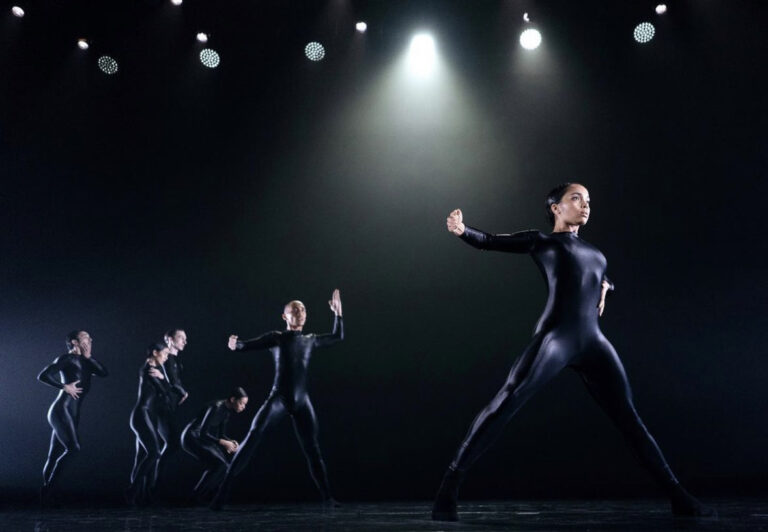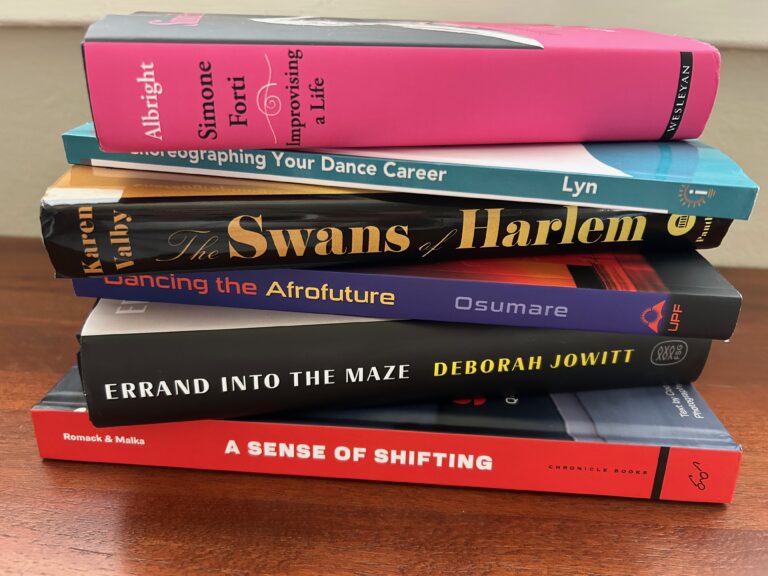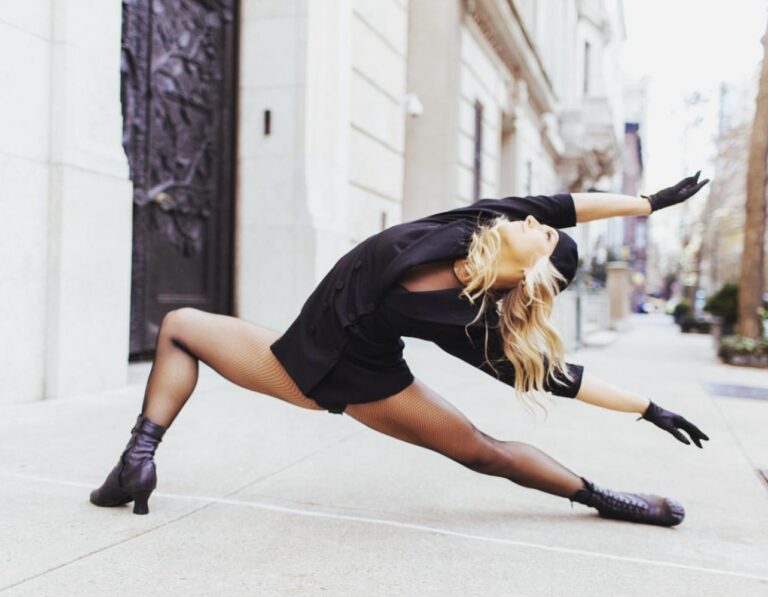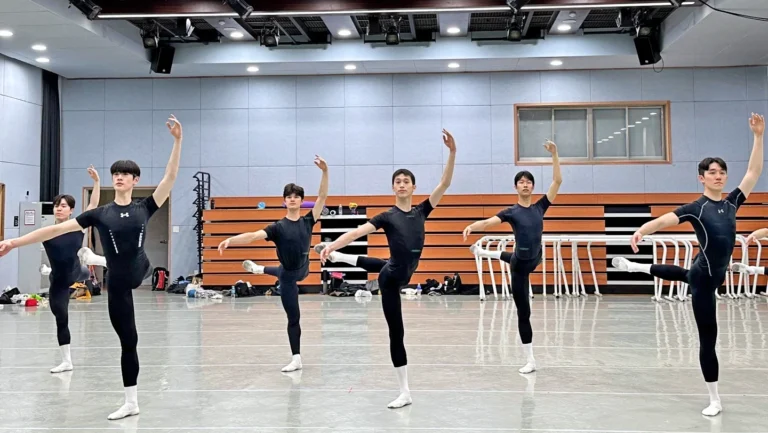If you’ve faced the challenge of finding a good photographer—and have one or two bad experiences under your belt—you’re not alone. Struggling to communicate with someone who doesn’t understand the unique demands of working with dancers or small children, or worse yet, just doesn’t know what he’s doing, can be frustrating.
For a successful experience, start your search far in advance (to avoid scheduling conflicts with other dance recitals, weddings and special events) and ask around for referrals. If there aren’t other dance studios in your area, check for photography professionals online or in the phone book. If a photo-grapher has a website, read his or her bio and take a look at the style and quality of work posted.
If you’re sufficiently impressed with what you see, call the photographer or meet with him or her in person and ask the following questions:
1. “How long have you been a photographer and what type of experience do you have with dancers (or children)?”
The ideal candidate regularly photographs dancers. If this isn’t an option, see if you can find someone who specializes in children’s portraits. Chances are he or she will be better at taking pictures of your dancers than, say, someone who works primarily with adults or shoots mostly landscapes.
“Our photographer is specifically a dance photographer, and his professionalism really contributes to the fluidity of our day,” says Cheryl Cusick, artistic director of Narragansett Performing Arts Dance Centre in Narragansett, Rhode Island. “He and his staff of dancers are able to pose our students and relate to them on a different level than other photographers.”
2. “Can you provide me with a few references?”
Whatever you do, don’t skip this step! Especially if you’re not working from a referral, references provided by the photographer are crucial. Be sure to check several before making a commitment. (Even if they aren’t listed on a photographer’s website, don’t be afraid to ask.)
3. “Can I see samples?”
Like references, samples are essential—and don’t settle for e-mail or web photos. You’ll want to review the actual product your students’ families will be purchasing. “Not every photographer is good at posing or working with children,” explains Joe Wallace, a Chicago-area photographer who has experience shooting dancers. “This ability really shows through in samples.”
4. “Will you be the person taking the photos that day?”
Make sure that the person you are talking with and seeing samples from is the actual photographer who will be doing your studio’s photos. Some establishments set up an appointment, then send out a photographer with less experience to do the job, so beware of the bait and switch.
5. “Can you send me pricing and photo package information?”
Although you’ll want to have little to do with the actual money/product exchange, you will want an idea of the cost and what your students and their parents will get for their money. Have a conversation with the parents to determine an appropriate price range before approaching a photographer about his or her rates. An experienced professional will likely have a standard price sheet that he works from and revises periodically. “It helps to have that type of information readily available for busy studio owners,” Wallace notes. “That way they can share it with parents, too.”
6. “Do you have insurance?”
This is an important question that many studio owners don’t ask. If a photographer is insured, it’s a sign of their professionalism and can help ease your mind regarding liability issues—especially if the photography is taking place somewhere other than your studio. While you don’t necessarily have to rule out every photographer without insurance, some venues require a photo-grapher to have it, so check with yours ahead of time.
7. “What type of equipment do you use?”
For portrait work, make sure he or she has indoor lighting and a backdrop—and a backup camera, adds Wallace. “If the photographer has an issue with their main camera, the backup can be used to complete the session on time,” he says. Also, most good photographers work with assistants, who can help wrangle large numbers of children in and out of photos.
8. “Can I have a proposal in writing?”
Once you find a solid candidate, ask that he or she put a proposal together in writing so you can review the details more closely. This will also serve as a contract, protecting you and your students. “Don’t be tentative about asking a photographer to lay out the details on paper,” says Wallace. “A photographer who doesn’t want to take the time to address your concerns before you work together is probably not a good choice to begin with.”
9. “Will you deal directly with the students and parents? If not, what will my involvement be?”
You don’t want to wind up playing middleman, setting up, collecting money, giving out photos and making sure everyone is happy—it’s too time-consuming. Instead, make sure that the person you hire takes care of the majority of the delivery details. The less involved you are the better, so work out with the photographer ahead of time what both of your roles will be.
Cusick focuses her energies on scheduling and distributes a timetable about one month prior to picture day. “We give everyone a list of suggested makeup and a short explanation of how to apply it, along with their schedule,” she says. “Our picture day information is also available online for parents’ convenience.”
Thanks to this division of labor, Cusick’s picture day has gone off without a hitch for the past 15 years. “It runs in a very timely manner, and always ends exactly when we plan,” she says. “It impresses parents, especially of new students, that we are able to function in such an organized manner. They feel confident that we really know what we’re doing, and that makes us feel great.”
10. “What is your policy if a client is unsatisfied?”
Knowing how to advise students and their families on what to do if they are unhappy with the photographs they’ve purchased is a smart move. Policies vary widely from photographer to photographer: Some may guarantee their photographs by retake, substitution or refund, while others may have a no-refund policy. Check ahead of time.
Hiring the right photographer for your studio’s recital photos is an important task, and knowing what questions to ask can help you choose one who’s right for you. Once you’ve done that, you’ll have more time and energy to concentrate on what really matters: making sure your students shine onstage. DT
Catherine L. Tully is a writer, photographer and educator with more than 35 years of experience in the dance field.



